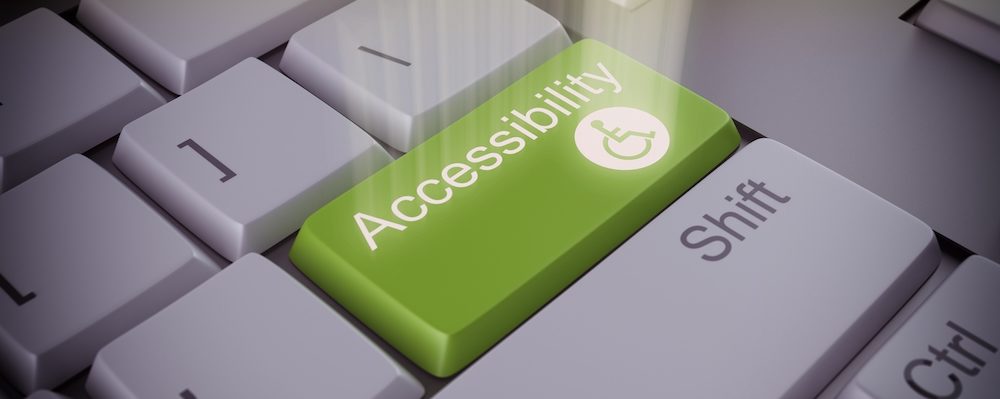Typical Awareness Activities
- Focus solely on compliance
- Focus on specific disabilities and their implications
- Attempt to simulate disability
- Focus on etiquette or sensitivity
The Problem: What messages does this send?
- We are including people with disabilities because we have to.
- Disabled people are complex and require lots of study to understand them.
- Having a disability is very hard!
- Disabled people are very different from nondisabled people and require special rules for engagement.
A Possible Solution
Let’s change the way we provide outreach and programming.
- Challenge stereotypical thinking about disability.
- Relocate the problem of disability in the environment.
- Promote disability as an aspect of diversity.
- Emphasize access as a civil right, a matter of social justice.
This toolkit provides disability resource professionals and others working on college campuses with modules that can be used as is or adapted to lead presentations and discussions on their respective campuses.
These modules require those using them:
- to be grounded in the concepts presented and
- to be able to facilitate discussions on the topics.
Please review and make sure you have the background and foundational knowledge to present on these topics before presenting any of this content.
The topics covered are:
- Portrayals of Disability: Inspiration
- Disability and Design
- The Language of Disability
- Ableism and Non-Disabled Privilege
- Access as a Civil Right
We are happy for you to utilize the materials provided. We ask that you do provide the following credits:
In spoken presentations:
I’d like to thank the Southwest ADA Center Regional Affiliate of Arkansas, a program of the University of Arkansas Partners for Inclusive Communities for developing the content provided in this presentation.
In the use of slides or memes:
You may add your logo or school name, but please do not remove the reference to the Southwest ADA Center Regional Affiliate – Arkansas, University of Arkansas Partner for Inclusive Communities or the hashtags.
Use of Language: The term disabled people is used predominantly in this toolkit as this is the preferred term of most disability activists and scholars. It is consistent with our emphasis on placing the problem of disability in the environment—indicating that people with certain bodily conditions are disabled by design and societal attitudes.
If you agree to the above terms, you may access the modules here.
Acknowledgments: We are grateful to Sue Kroeger, University of Arizona, for reviewing and providing valuable feedback on the content and design of these modules. We also acknowledge her influence on the development of this toolkit through her leadership through AHEAD and Project ShIFT. Finally, we’d like to acknowledge the other authors of Refocus: Viewing the Work of Disability Services Differently, Carol Funckes and Gladys Loewen, for the concept of this toolkit.
Questions: If you have questions about the content or appropriate use, contact Melanie Thornton at mthornt@uark.edu.
